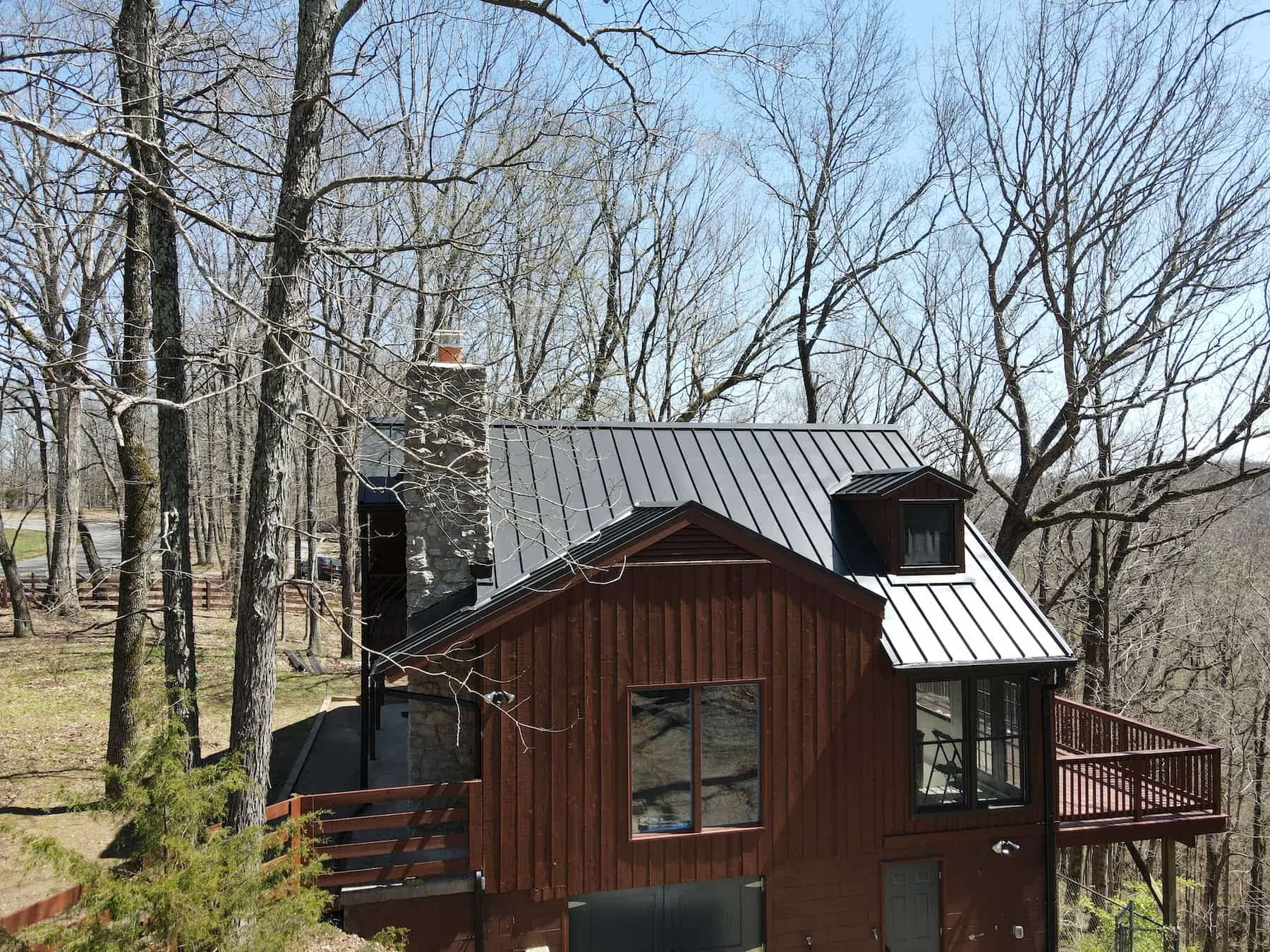
If you live in a tornado-prone area like Tennessee, Kentucky, or North Alabama, your roof isn't just part of your home's appearance—it's your first line of defense. High winds, flying debris, and sudden storms can wreak havoc on traditional roofing systems. That’s where metal roofing stands apart.
Modern metal roofing is built to handle serious wind. In fact, many standing seam metal roofs are rated to withstand winds up to 140–180 mph, depending on the panel type and installation method. That’s well above the wind speeds found in most EF-2 and EF-3 tornadoes, which range from 111 to 165 mph according to the National Weather Service.
The difference is in the details. Metal roofing systems often use concealed fasteners and interlocking panels that resist being lifted by high winds. Compared to asphalt shingles, which can peel or blow out under pressure, a properly installed metal roof provides superior resistance to uplift and water intrusion.
Because of their durability and lower risk of storm-related damage, some insurance companies offer discounts for homes with metal roofing. While not guaranteed, it’s worth asking your provider if installing a Class 4 impact-resistant or high-wind rated metal roof could reduce your premium.
Choosing a metal roof means investing in peace of mind. Not only does it offer superior protection, but it's also energy-efficient, low maintenance, and designed to last 50+ years.
Many high-quality metal roofs are rated to withstand winds between 140 and 180 mph, depending on the system and installation. That makes them well-suited for areas prone to EF-2 and EF-3 tornadoes.
Some insurers offer discounts for homes with impact-resistant or wind-rated metal roofing. Check with your provider to see if you qualify for reduced premiums.
Metal roofing is generally more durable in high-wind events. Shingles can easily lift or tear away, while metal panels with interlocking seams and secure fasteners offer superior wind
resistance.
Not when installed correctly. Most metal roofs are installed over solid decking and insulation, which significantly reduces noise—often to the same level as other roofing materials.
Interested in storm-proofing your home with a metal roof? Contact The Metal Roofers today for a free consultation and learn how we’re helping homeowners across the Southeast protect what matters most.